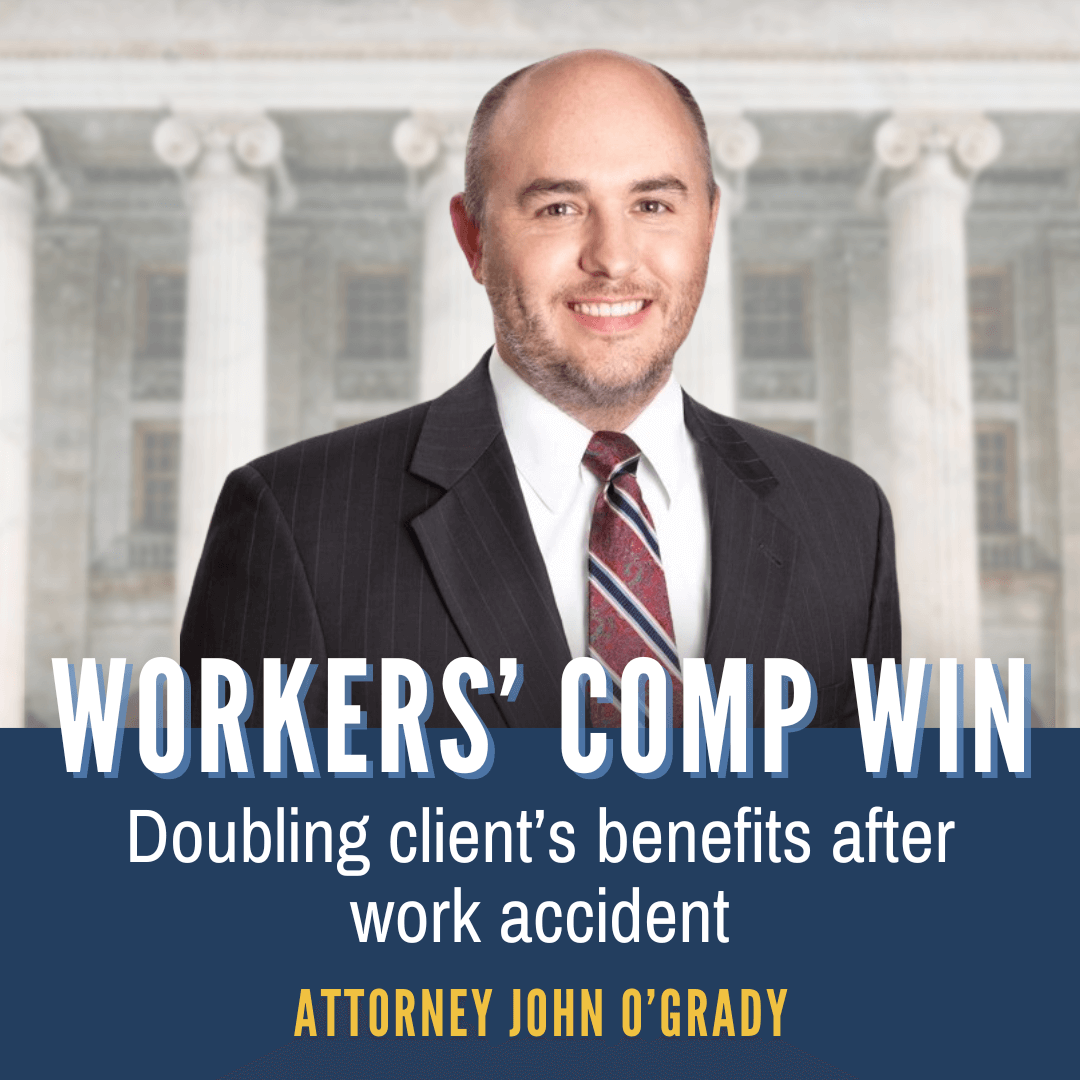More than half of all U.S. workers participate in a retirement savings plan provided by their employers. For many of us, a 401(k) plan or other deferred contribution plan represents the most significant investment we’ll ever make, the nest egg we count on to see us through a retirement that could last several decades. Yet most Americans have no idea what fees are being charged by the companies that manage their plans or how those fees can stunt the growth of their savings over time.
One survey by the American Association of Retired Persons indicates that more than two-thirds of the participants in 401(k) plans don’t realize that the companies in charge of those plans collect a variety of fees for those services — and thus have no idea how much those fees are. Expressed as a percentage of the assets under management, the fees might seem negligible; but they can amount to a drain of thousands of dollars a year for some participants. Over the life of a plan, the fees can reduce the potential earnings of your 401(k) by hundreds of thousands of dollars.
Just like managing your health or your other investments, it makes sense to perform an annual checkup on your retirement savings plan to determine whether it’s operating as it should. Here’s what you should look for.
TYPES OF FEES
There are two general types of costs associated with 401(k) plans. First, there are fees the investment managers charge to manage the funds offered by the plan; these can be found in the plan’s annual disclosure of investment options in the fund prospectus.
The second type of costs are the fees charged to administer the plan, generally known as recordkeeping and administrative fees. These fees pay for maintaining records, tracking participant account balances, call center support, and other services—services that are often provided by third parties, such as insurance and financial services companies. To find out what you are paying for recordkeeping and administrative fees, you should review your quarterly plan statement, annual plan disclosure, or summary plan description; if your plan is charging you directly for those fees, your annual plan disclosure should also have a section that discloses any fees deducted directly from your account.
HOW CAN I TELL IF THE FEES CHARGED ARE EXCESSIVE?
Some of the fees charged by retirement plan managers may be customary, reasonable and, in many cases, unavoidable. Others may be excessive and self-serving, designed to boost company profits at your expense. But how can you tell what’s reasonable and what isn’t?
Sorting out all the fees and trying to figure out if they’re appropriate can be a daunting task. A 2012 change in regulations requires your 401(k) provider to disclose all direct fees and fund investment performance annually to participants, but it does not require disclosure of the amount of indirect fees paid by the plan. You can go to various sites online, including BrightScope, that can help you research and compare plans. (A good number for comparison purposes is 0.64 percent – the average expense ratio for mutual funds and exchange-traded products, according to a 2015 Morningstar study.)
You can also take a hard look at how the fees are structured. A company might charge each participant a set amount for record-keeping, for instance, or it might charge a percentage of plan assets for the same service; the disparity between a flat fee versus a percentage of assets, in terms of the actual amount deducted from each participant’s account, can be dramatic. A person who has a balance of $100,000 in a plan that charges an asset-based fee of one percent will pay $1000 for exactly the same recordkeeping services that a person with a balance of $10,000 will pay $100 for.
You can also look at “indirect compensation” fees paid by mutual funds for marketing and recordkeeping. Sometimes called 12(b)-1 fees, they are added to the operating cost of the mutual funds. Indirect compensation can add thousands of dollars to the cost of plan administration, while reducing the investment returns to plan participants.
HOW CAN I REDUCE THESE FEES?
You can take several steps to reduce the amount you pay in fees. Depending on the options your plan offers, you may be able to invest in funds that offer significant potential for returns but lower fees. In general, index (or “passively managed”) funds tend to involve fewer fees and lower operating costs than actively managed funds, which will generate more management and transaction charges.
At the same time, don’t assume that a company known for low-cost funds will automatically charge your plan less for the funds it offers. That isn’t always true. Often a mutual fund sponsor will offer a different share class of the same mutual fund with lower operating costs and no 12(b)-1 fees to a qualified retirement plan.
If your plan doesn’t offer low-cost alternatives, consider contacting your employer’s plan administrator. Companies are expected to review a plan’s performance on a regular basis to see if it’s meeting expectations. If your employer isn’t eager to aid you in your quest for lower fees, you can also decide how much you want to contribute to a voluntary plan at work, as opposed to an IRA plan you can select yourself. Some 401(k) participants find that the employer match component makes the plan attractive despite the fees involved; others may decide to put their money elsewhere.
If your plan seems to be significantly underperforming, you may want to have it reviewed by a trusted financial advisor or a professional 401(k) attorney. You should speak to a professional 401(k) attorney if you suspect that your plan has been mismanaged or depleted by unreasonable and excessive fees.
THE 401(K) LAWYERS AT Franklin D. Azar Car & Truck Accident Lawyers
The 401(k) lawyers at Franklin D. Azar Car & Truck Accident Lawyers are currently investigating several large retirement plans for mismanagement, as well as smaller plans that may have been subject to excessive asset-based fees. For years, we have been helping clients regain money lost by mismanagement activities. Our dedicated team of class action and 401(k) lawyers is experienced and ready to help you fight for your rights, so you can achieve the retirement you deserve. If you believe that your 401(k) or 403(b) plan has been impacted by mismanagement or excessive fees, contact our office. The consultation is free, and if there is no recovery, there is NO FEE.




